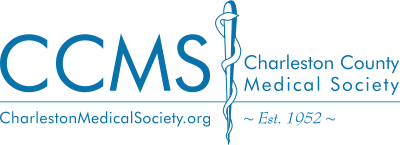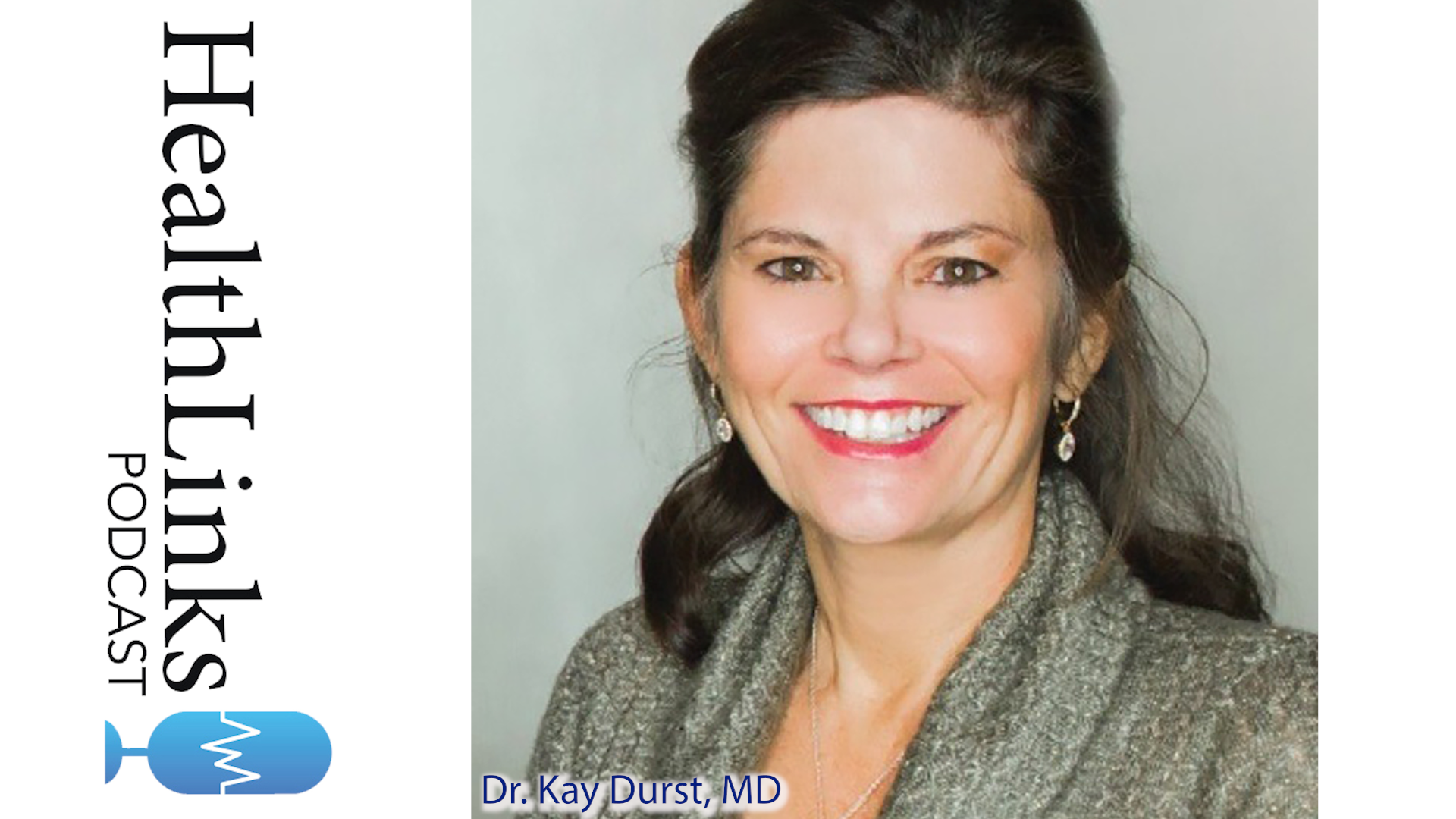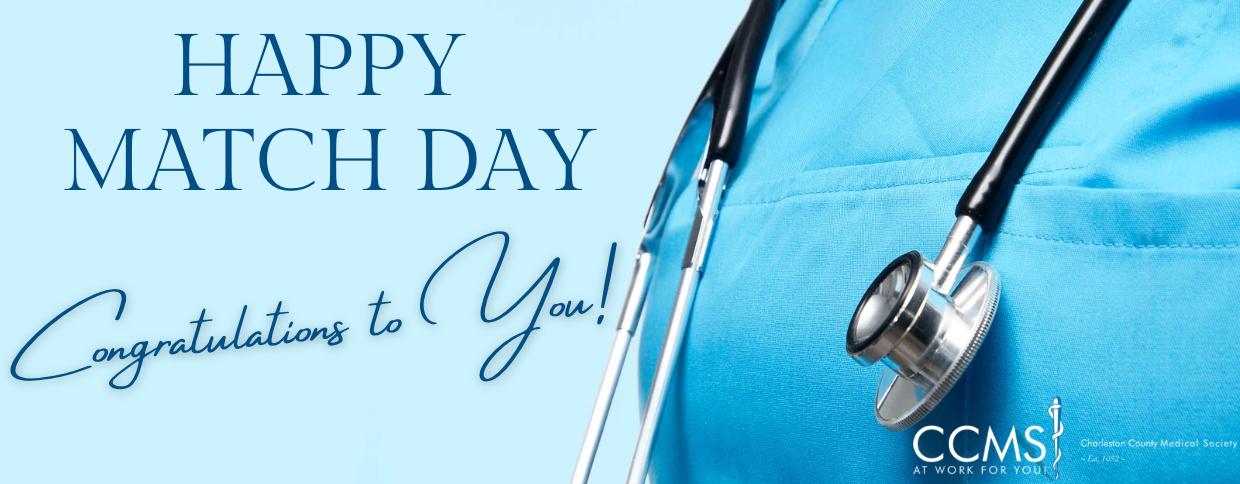CCMS is helping to make Doctors relevant in mid-terms
The physicians of the Charleston County Medical Society request that the candidates for governor of South Carolina publicly detail their positions on the topic of health care prior to the June primaries. Health care has been identified as the top concern for the mid-term elections in various polls and, as doctors and our patients’ advocates, we believe certain issues that specifically affect South Carolina should be addressed by the candidates.
The topics below have been identified as being important to the sanctity of the reciprocal doctor-patient relationship, to provide opportunities for innovation in delivery of high-quality care at a reasonable cost and to make that care broadly available in South Carolina. As the federal government devolves more health care policy decisions to the states it is imperative for doctors and patients to understand the candidates’ stands.
South Carolina patients needing routine surgical procedures (breast biopsy, carpal tunnel release, hernia repair, for example) find that there are no alternatives to having them done except in a hospital-owned facility (at hospital-level charges). They also see stories in the press about local hospital systems spending years and millions of dollars trying to keep another entity from building a new hospital or surgery center. The common thread to both scenarios is the regulatory regime known as the State Certification of Need and Health Facility Licensure Act. This law requires that a “need” be proven to the state before certain medical facilities (surgery centers, facilities for addiction, birthing centers and others) can be built. The law grants virtual monopoly privileges to the incumbent certificate holders who legally keep independently owned, potentially efficient, patient-responsive and cost-transparent facilities out of the market. We ask that the candidates define their position on repealing or maintaining the “certificate of need” law, which restricts patients’ access to new competitive health care facilities.
In a similar vein, doctors are denied opportunities to participate in new ventures that would benefit patients because they are hamstrung by covenants to not compete. These legally binding agreements signed as a requirement of employment by a hospital system prevent those doctors from opening or joining a competing practice in the same geographic area and/or for a set period of time. Initially used to protect trade secrets and for highly compensated managerial executive positions, the use of “non-competes” has expanded to employment of physicians. These clauses take a doctor’s greatest professional assets — knowledge and skills earned over years of hard work— and turns them into a liability. Of the states that allow these clauses, one-half exempt physicians and other health care workers. South Carolina is not one of those states. Enforcing non-compete clauses limits patients’ access to medical practitioners purely for the benefit of the employing system. Physicians have an obligation to support the continuity of care of their patients and free choice of doctors is the right of every patient. We ask the candidates to define their support or opposition to statutory legislation that would exempt physicians from non-compete clauses as a condition of employment by health care facilities and systems.
A related area is in the delivery of charitable medical care. The percentage of physicians who provide pro bono care has been in steady decline. With decreasing reimbursement, physician practices function with smaller financial margins, which in turn limit the amount of free care they are able to provide. Those who want to provide that care are further limited by the unavailability of non-hospital owned facilities. Ironically, employed doctors who find themselves caring for indigent patients, and for which the hospitals are compensated and receive tax benefits for “charity care,” don’t receive special consideration. A bill (S.1521) introduced at the federal level by U.S. Sen. Tim Scott would amend the Internal Revenue Code to allow individual physicians meeting specific requirements to have a tax deduction for charitable care provided. It was designed to incentivize doctors to provide more care to the disenfranchised. We ask the candidates to state their support or opposition to enact a change to the South Carolina Code of Laws that would allow state income tax deductions to doctors who provide charitable care under the guidelines of the proposed Charitable Care Expansion Act.
The landscape of medical care in the state would be dramatically changed by enacting the above. Patients would see an immediate availability of options for treatment at affordable, transparent costs with the doctors of their choice, entrepreneurial doctors would be able to use their skills in practices of their design, and the delivery of charitable care would be encouraged. We look forward to hearing the candidates’ positions on these topics.
Marcelo Hochman, M.D., is president-elect and chairman of the legislative and medico-legal committees of the Charleston County Medical Society. Andrew McMarlin, DO, CAQSM, is president of the Charleston County Medical Society.
Share This With Your Colleagues, Choose Your Platform!
upcoming events
news via inbox
Stay up to date!









